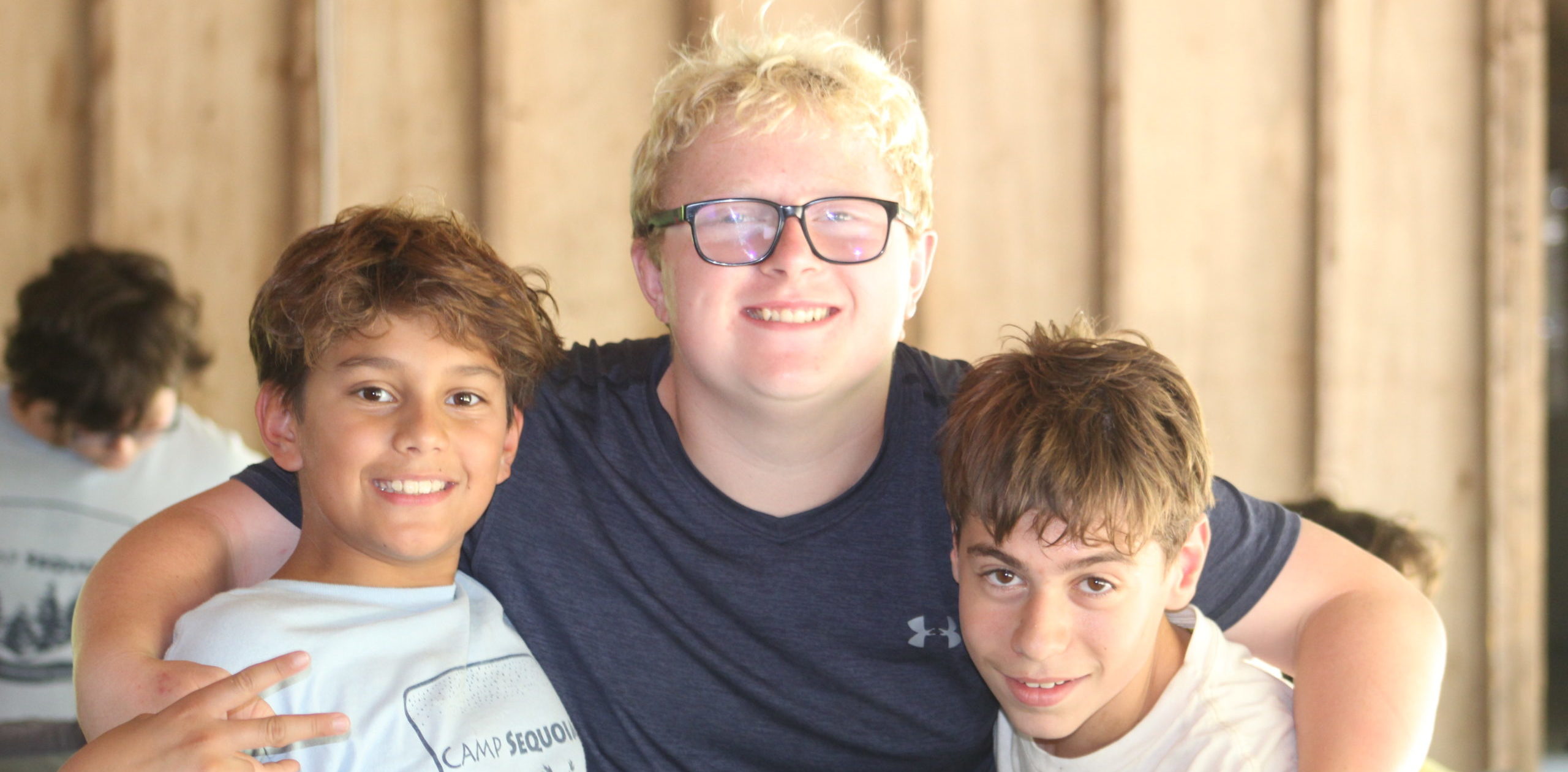

The holiday season is a time filled with joy and family, but it can also bring challenges for families with children who are neurodiverse. Changes in routines, increased social expectations, and sensory overload can be overwhelming for kids—and their parents. With thoughtful planning and a proactive approach, you can turn this holiday break into an enriching and enjoyable time for everyone.
Below are strategies to help you navigate this period while keeping your ADHD child engaged and thriving. For further insights and resources, check out our blog posts at Camp Sequoia.
Create a Flexible Schedule
Neurodiverse children often thrive on structure, so sudden breaks in the school routine can be destabilizing. Combat this by creating a flexible but predictable daily schedule.
Incorporate Active Breaks
Plan physical activities to help channel your child’s energy, such as family walks, indoor obstacle courses, or dance parties. We love our traditional weekend trip to an indoor water park, or a play date snowtubing.
Use Visual Aids
Display the schedule prominently using pictures or colorful charts to make it easier for younger kids to follow.
Allow for Downtime
Build in quiet periods for relaxation and decompression. Reading, listening to music and drawing or even working on building a model can all help here.
Set Clear Expectations
Holiday events often come with unwritten rules and expectations that can be confusing for kids with ADHD. Prepare them in advance for success:
Pre-Event Discussions
Talk about what to expect at gatherings, including appropriate behavior and social norms. At Camp Sequoia we talk a lot about situational awareness and social contexts– these are important at holiday social events as well.
Role-Playing
Practice scenarios such as greeting relatives or sharing toys with cousins.
Create a Behavior Plan
Set achievable goals and reward positive actions with praise or a small incentive.
Embrace Sensory-Friendly Activities
The sensory overload of bright lights, loud music, and crowded gatherings can be particularly challenging for our children. Choose activities that match their comfort level:
- Quiet Alternatives: Create a calm space for reading, crafting, or building with LEGOs.
- Baking Together: Engage your child in baking holiday treats. This combines sensory input with a structured activity.
- Nature Adventures: If weather permits, explore the outdoors through hiking or a scavenger hunt. Making a snowman or a sledding also are good options.
Maintain Healthy Routines
Amid the festive chaos, it’s easy to let go of routines. However, consistency in sleep, nutrition, and exercise is crucial for neurodiverse children:
- Stick to a Sleep Schedule: Encourage consistent bedtimes and wake-up times to support their focus and mood.
- Healthy Snacks: Balance holiday treats with nutritious options like fruits, vegetables, and whole grains.
- Daily Movement: Physical exercise can reduce hyperactivity and improve attention.
Focus on Connection
The holidays offer a perfect opportunity to strengthen family bonds. Make intentional efforts to connect with your child:
- Family Traditions: Include them in planning holiday rituals, like decorating or choosing a special meal.
- One-on-One Time: Dedicate time to activities your child enjoys, whether it’s building a puzzle or playing video games.
- Gratitude Practices: Teach mindfulness through activities like creating a gratitude jar or writing thank-you cards.
Prepare for Challenges
Despite your best efforts, there will be hiccups. Plan ahead for potential triggers and have a toolkit ready:
- Pack Sensory Tools: Noise-canceling headphones, fidget toys, or weighted blankets can help during overstimulating moments.
- Practice Coping Strategies: Teach your child deep-breathing exercises or grounding techniques for stressful situations.
- Seek Support: Don’t hesitate to lean on your partner, family, or friends for help.
Encourage Social Skills
Holiday gatherings are excellent opportunities to practice social skills in a real-world setting. Help your child succeed by:
- Using Conversation Prompts: Role-play questions they can ask relatives, like “What’s your favorite holiday tradition?”
- Team-Based Games: Engage them in cooperative board games or group activities.
- Praising Efforts: Highlight positive social interactions to build confidence.
Limit Screen Time
While technology can be a lifesaver, excessive screen time may exacerbate ADHD symptoms. Set boundaries and offer engaging alternatives:
- Tech-Free Zones: Create screen-free times during meals or family activities.
- Interactive Play: Replace screens with games like charades or Pictionary.
Celebrate Small Wins
Remember to celebrate every victory, no matter how small. Acknowledge your child’s efforts and growth throughout the break:
- Verbal Praise: Highlight specific actions, such as “You waited so patiently for your turn.”
- Reward Charts: Use stickers or tokens to reinforce positive behaviors.
- Reflect Together: At the end of the day, discuss what went well and what they’re proud of.
By implementing these strategies, you can turn potential holiday stress into opportunities for growth and connection. For more resources and insights, explore our collection of articles at Camp Sequoia. Let’s make this holiday break a memorable and fulfilling time for you and your child! After all, we are one semester away from another exciting Camp Sequoia summer.
